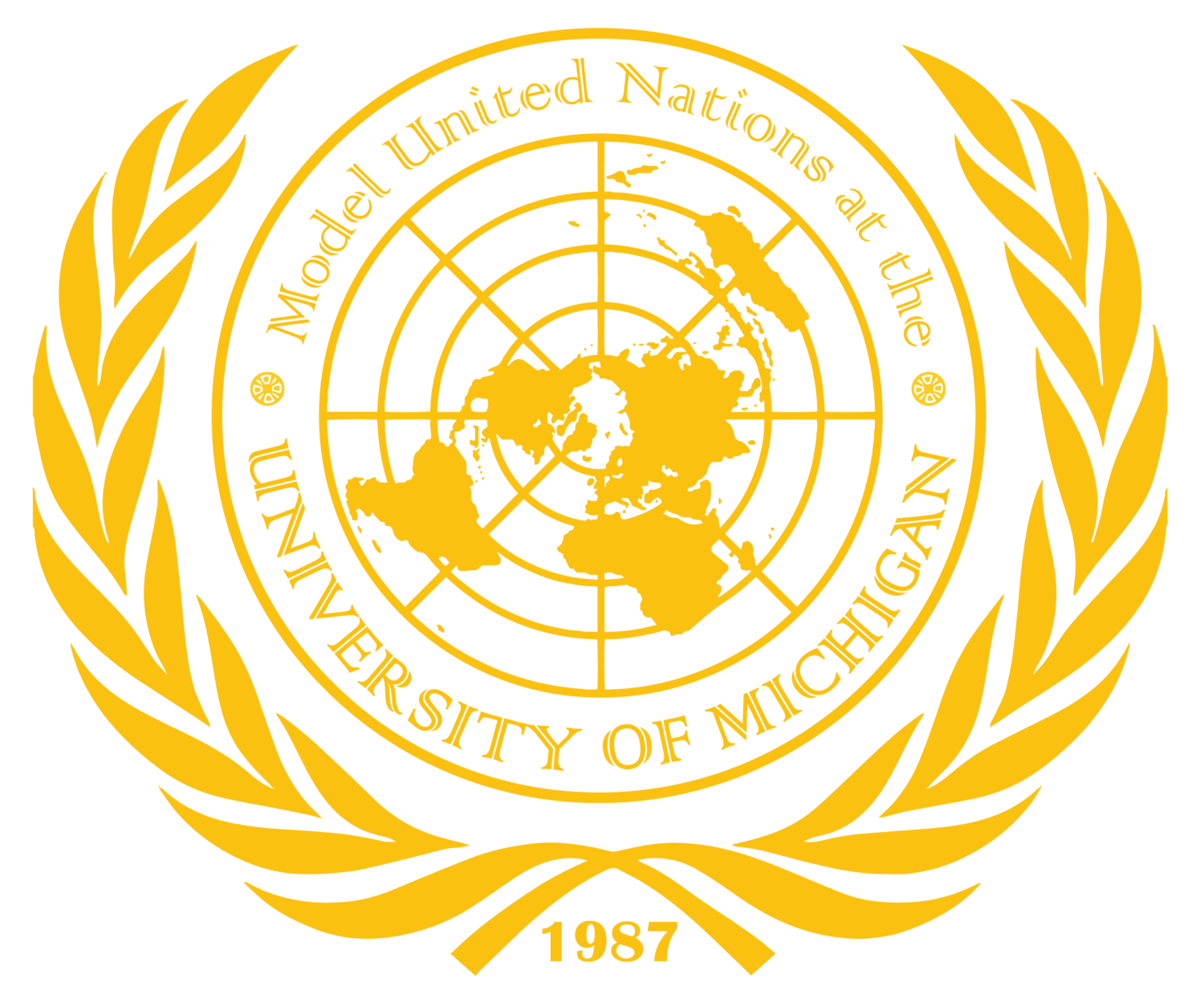By: Elina Palapattu
The debate is lively this morning as the delegates from DISEC are filled with ideas on how to best handle nuclear weapons in the Middle East. Everyone seems to agree that this is a large issue, but there are many ideas about how to reach a solution, and what a solution should look like. Delegates from Haiti, Tanzania, Ecuador and more countries seem to agree that a treaty is necessary as a first step towards peace. The morning session focused mainly on the treaty and it’s moving parts, and what would realistically be best for the middle east.
Delegates had two main questions about the treaty: to keep/modify what is in place or make a new treaty and how to enforce either option. Countries wonder if they should keep the Nuclear Nonproliferation Treaty (NPT) that is currently in place. The purpose of this treaty is to prevent the spread of nuclear weapons, and promote using nuclear energy in a peaceful way. Another option discussed is to order a new document that is similar to the Treaty of Tadulako. Cambodia and Mexico propose a new treaty based upon international cooperation, while Sri Lanka looks favorably on smaller organizations. A third party moderator is also considered to ensure countries obey the content of the proposed treaty. Germany also proposed a treaty, and the delegate explained a three pronged plan that consists of establishing a multilateral nuclear weapon sharing agreement, restriction on nuclear sharing materials, and creating a control system and verification. Germany has seen something like this done before, and believes it could be useful again.
Delegates have also considered what would be best for the middle east. Many countries argue that nuclear weapons are a global issue that affects everyone, whereas Afghanistan urges other countries to focus on the middle east specifically. Mexico invites all middle eastern countries to speak up and debate. The Netherlands brought up power dynamics throughout the world. The delegate adds that if we take nuclear weapons from the Middle East, they might be at a disadvantage as other countries surrounding the middle east would still have nuclear weapons. Another question up for debate recently is the question of removing nuclear weapons vs promoting transparency and controlling them. Countries such as Afghanistan wonder if it is even possible to remove all nuclear weapons, and believe the best option is to try to control them as much as possible. More ideas will come in the afternoon session, and these ideas will continue to develop.
